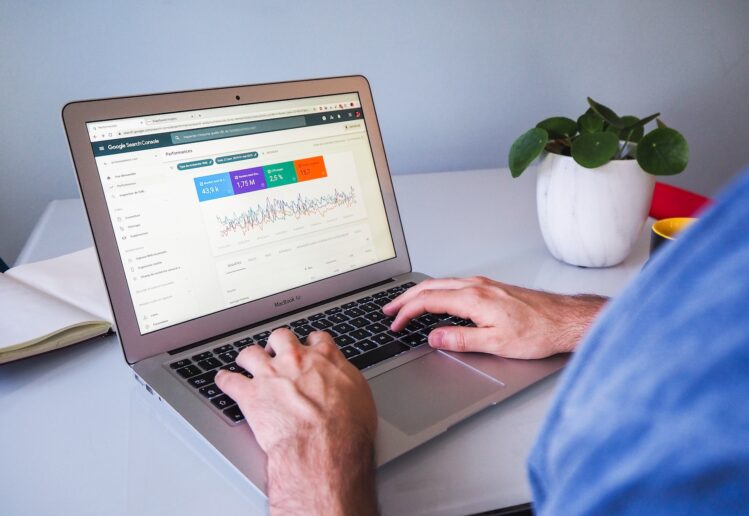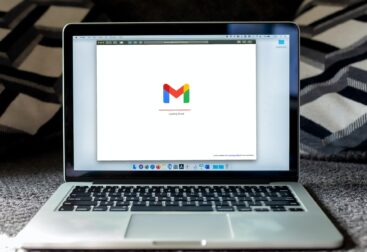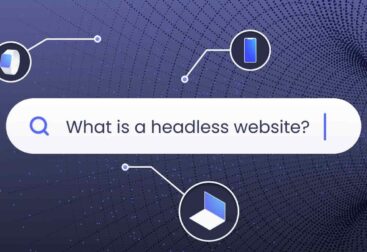My Experience With Online Advertising
I have spent the best part of a decade researching and implementing various skills to grow multiple companies, and increase revenue and brand awareness. I have implemented various SEO strategies including custom-structured data for our blog post FAQs.
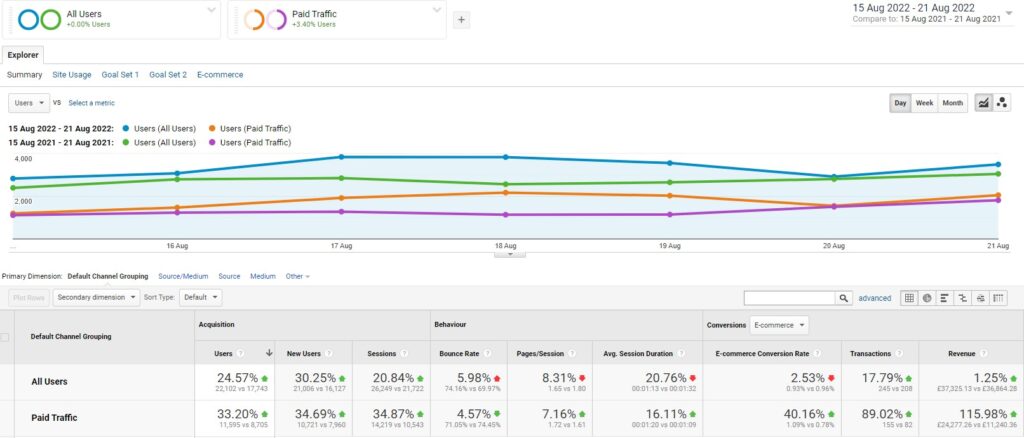
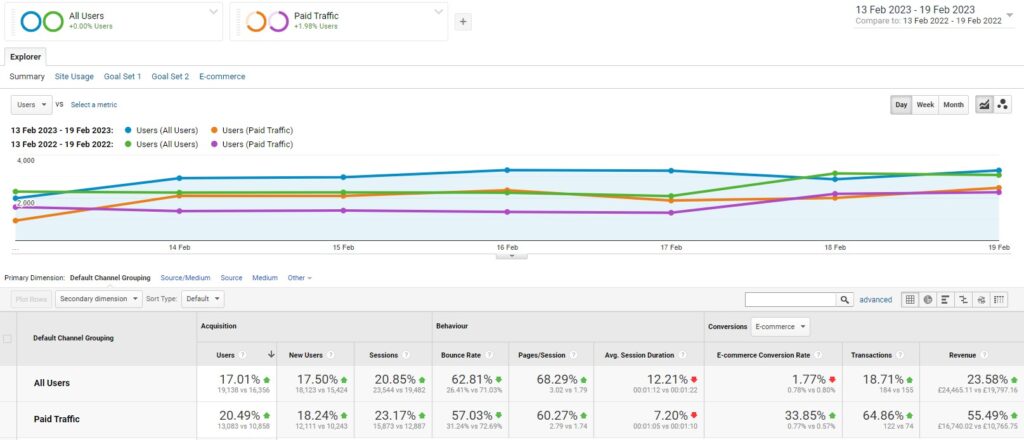
If you’re running an online business, you’ve likely heard of PPC and SEO. These two terms refer to two distinct but complementary approaches to online marketing, each with its unique benefits and challenges.
PPC (Pay-per-click) refers to paid advertising campaigns where advertisers pay each time their ad is clicked on by a user. SEO (Search Engine Optimization), on the other hand, is the process of optimizing your website to increase organic search engine traffic. In this article, we’ll explore the differences between PPC and SEO, their respective benefits and drawbacks, and how you can use them to drive more traffic and sales to your website.
- What is PPC? PPC is a type of online advertising where advertisers pay each time a user clicks on their ad. The most popular PPC platform is Google Ads, where advertisers bid on keywords relevant to their business and create ads that will appear when users search for those keywords. Other popular platforms include Facebook Ads, Instagram Ads, Bing Ads, LinkedIn Ads, and Twitter Ads.
The primary benefit of PPC is that it provides immediate results, allowing you to drive targeted traffic to your website in a matter of hours. You can also target your audience based on specific demographics, interests, and behaviors. However, PPC can be expensive, and the costs can quickly add up, especially if you’re not careful with your targeting and bidding strategies.
- What is SEO? SEO is the process of optimizing your website to improve its visibility in organic search engine results. This involves a combination of on-page optimization (e.g., optimizing your website’s content and structure) and off-page optimization (e.g., building high-quality backlinks).
The primary benefit of SEO is that it’s a cost-effective way to drive targeted traffic to your website. Once you’ve optimized your website and earned high-quality backlinks, you can rank for your target keywords and attract organic traffic for years to come. However, SEO can be time-consuming, and it can take several months to see results.
- How do PPC and SEO work together? PPC and SEO are complementary strategies, and they can work together to improve your online marketing efforts. Here are a few ways in which PPC and SEO can work together:
- PPC can help you identify high-converting keywords that you can target with your SEO efforts.
- SEO can help you reduce your PPC costs by improving your website’s quality score, which can lower your cost-per-click.
- PPC can help you drive immediate traffic to your website while you wait for your SEO efforts to take effect.
- Differences between PPC and SEO While both PPC and SEO are important marketing strategies, they differ in several key ways. Here are a few of the main differences between PPC and SEO:
- Cost: PPC can be expensive, while SEO is a cost-effective long-term strategy.
- Timeframe: PPC provides immediate results, while SEO can take several months to see results.
- Control: PPC gives you full control over your ad campaigns, while SEO relies on search engine algorithms.
- Importance of Keyword Research Keyword research is a critical component of both PPC and SEO campaigns. It involves identifying and analyzing keywords and phrases that are relevant to your business, products, and services. Keyword research helps you to understand what people are searching for and how to target them with your marketing campaigns.
When conducting keyword research, it’s important to consider the search volume and competition for each keyword. You want to focus on keywords that have a high search volume but a low level of competition. By doing so, you can target keywords that are more likely to convert into sales or leads.
